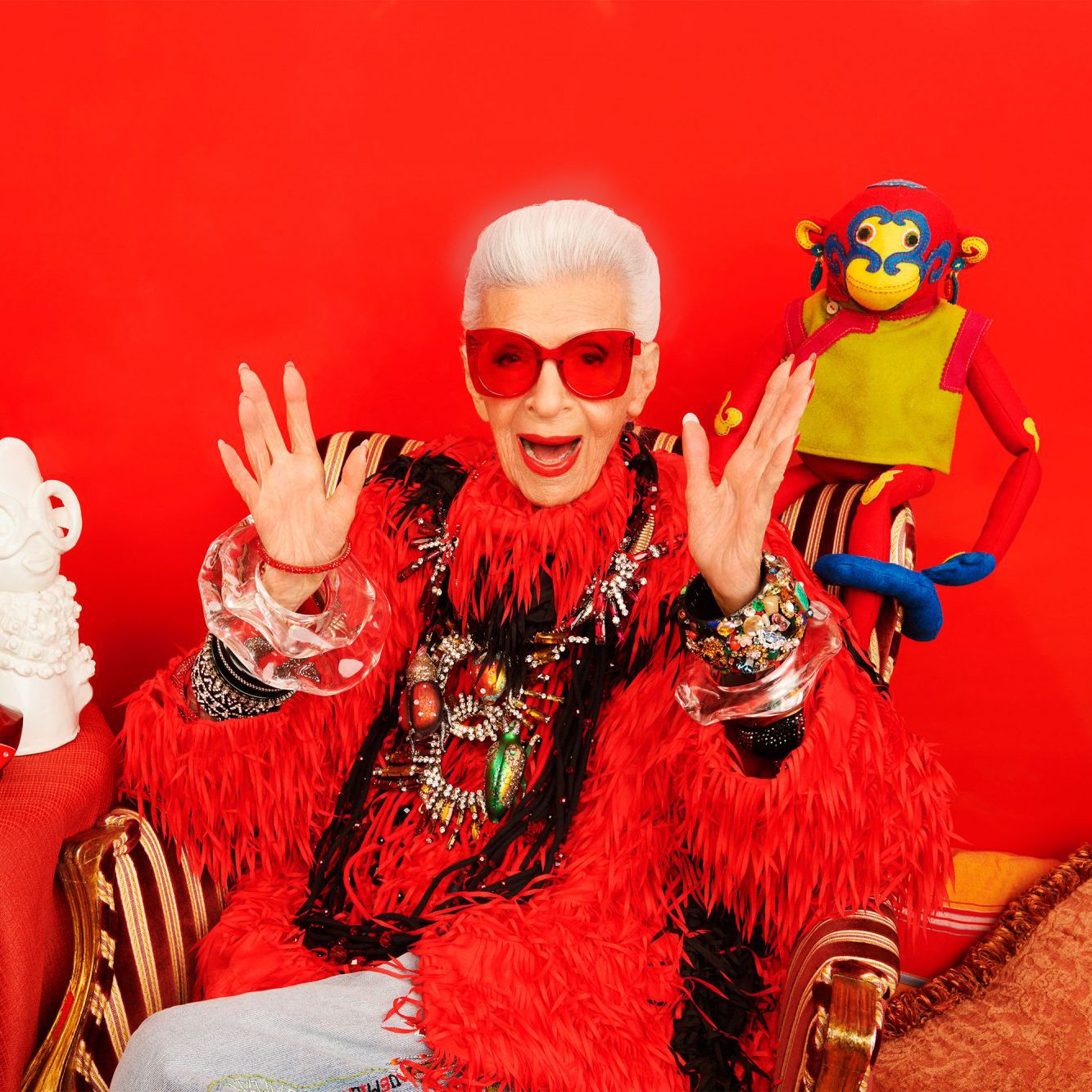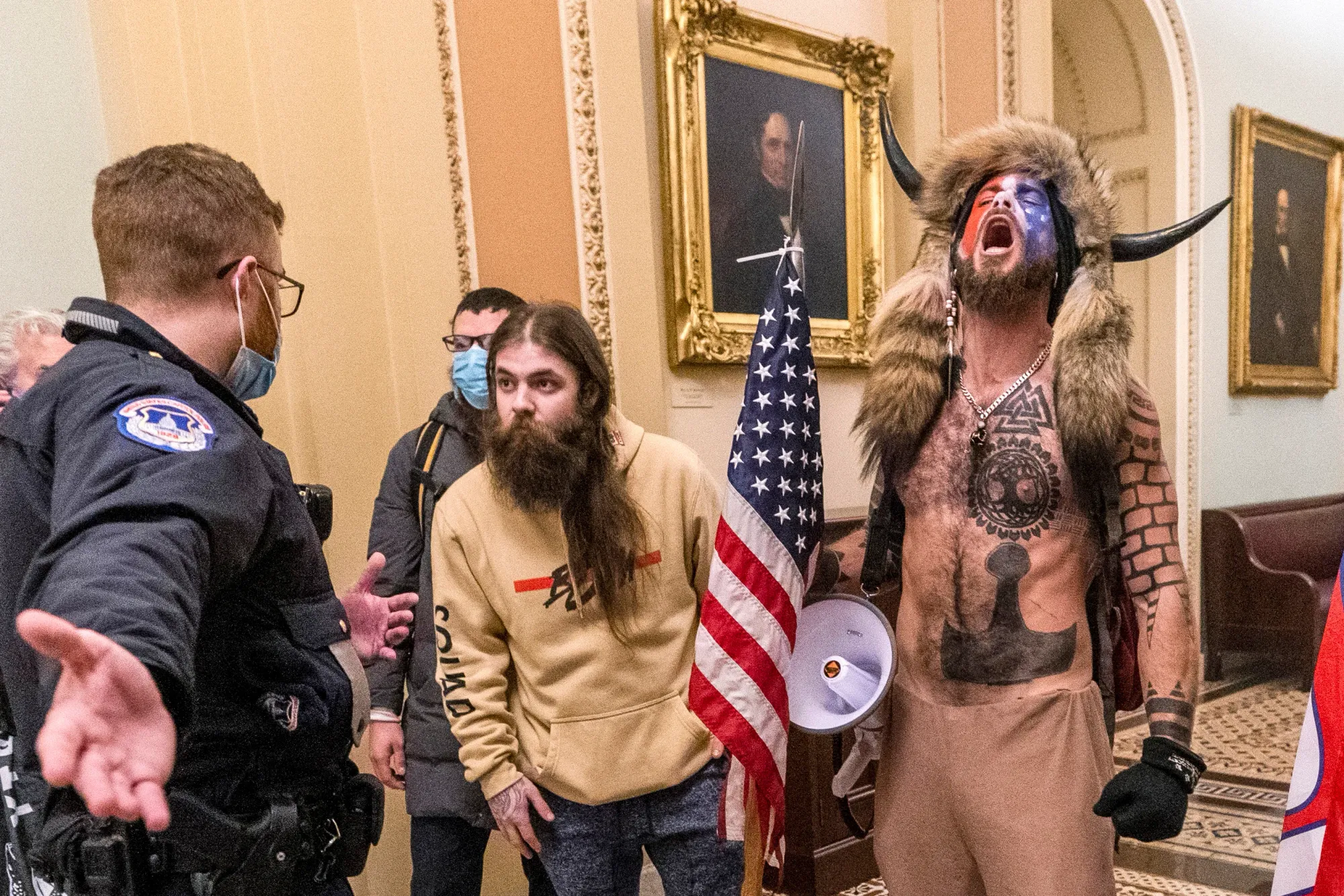Welcome to the 'Kidult revolution'
What does this trend mean for business strategists?
Grownups around the world are opting for a second childhood.
Weighted blankets, colouring-in books for adults, fully-grown humans dressing up as comic books characters and parading themselves in public, are all the rage.
Growing up these days, it seems, is a choice not a foregone conclusion.
If life in the 1930s was marked by a Great Depression, and the 2010s by a Great Recession, one might say our current decade is marked by a Great Regression. This return to childhood manifests in the things we consume, in how we spend our time, even in the ways our societies are governed. - via
And it's not just a generation thing - the 'Kidult revolution' cuts across generational and national lines.

It’s tempting to frame the Great Regression as a reaction to the unique confluence of crises that have affected Western nations in the 21st century – a byproduct of the profoundly unnerving decade we are living in. But our global second childhood has roots that extend far back before the appearance of COVID-19, the divisive populism of the 2010s, or even the Lehman Brothers bankruptcy of 2008. In the 1990s, a precursor to our contemporary Great Regression emerged in a certain nation decades before it did in the rest of the planet.
That nation is Japan, and its experiences suggest that when the youth and young adults of a hyper-connected post-industrial society lose faith in the future, a Great Regression is inevitable.
It would be easy to think that adults regressing back into their childhoods is somehow a bad thing, but perhaps it's not.
Perhaps accessing childhood for the second time is a way of accessing a kind of innocent curiosity of the world that sparks creative and imaginative new solutions to old problems.

On the darker side of things, refusing to act like an adult gives grown people a scary amount of agency to act childishly as a last resort, with some unpredictable outcomes and consequences.
What does this mean for strategists trying to understand the underlying shifts in consumer sentiment that this trend reflects?
Well, for one thing - brands like LEGO are capitalising on this by launching adult versions of their products.
Disney have put huge bets on content aimed at attracting a kidult audience, which is paying off handsomely; and luxury brands like Gucci have given themselves licence to be a lot more playful thanks to their collaboration with Adidas which has rocketed them to the #1 luxury brand spot on the global rankings list.
Psychologically, the Kidult revolution is a coping mechanism that people are using to try manage the anxiety being felt by an uncertain future.
At the same time, people are looking for 'happy places' and brands that welcome their eccentricities and facilitate the exploration of them. If not in product options, then in tone of communication and brand experiences - this trend is an exciting strategic opportunity to delve deeper into.









